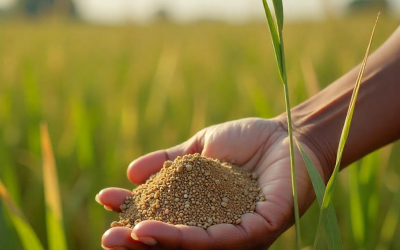(Zambia) – Coffee, just like copper, is a Zambian economic strength, that, if fully exploited, will not only grow the economy, but carve a space in the global economy for the country as does copper production.
Zambia is a coffee producing country with the potential to export US$1 billion worth of coffee each season, directly benefiting various regions like the Northern province as well the national economy.
Coffee, the US$100 billion Global Industry
According to Business Insider, coffee is the second most sought-after commodity in the entire world, with an industry that is worth over $100 billion across the globe. In terms of exporting alone, the industry is valued at $20 billion and continues to be on the rise—on average, 500 billion cups of coffee are consumed on Earth every year.
Americans consume 400 million cups of coffee per day, equivalent to 146 billion cups of coffee per year, making the United States the leading consumer of coffee in the world. Coffee represents 75% of all the caffeine consumed in the United States.
Globally, there are just over 70 major players of coffee, and the top coffee brands, retailer chains, roasters, and coffee shops include Starbucks, Costa Coffee, Illy, McCafe, Tim Horton’s, Gloria Jeans, Nescafe, Folgers, Keurig, and Nespresso; a bulk of them spread over the United States of America and Europe.
Zambia, in this whole mix, exports 70% of its coffee production to the United States of America and Europe.
Global Market Intelligence for Coffee
To understand the potential of Zambian coffee, there is need to listen to global intelligence chatter in market reports that have international trade impact.
Modor Intelligence, a market leader in global consumer and market intelligence, published a report about the “Coffee Market – Growth, Trends and Forecasts (2019 – 2024)”, and the insights include the following;
The global coffee industry is growing at a significantly by producing products almost exclusively in developing nations. As per the survey conducted by the National Coffee Association in the United States, more than 70% of the consumers prefer at-home coffee preparation. There has been a gradual shift observed from soft drinks to coffee drinks among consumers.
Read more in Ganizo Magazine.



